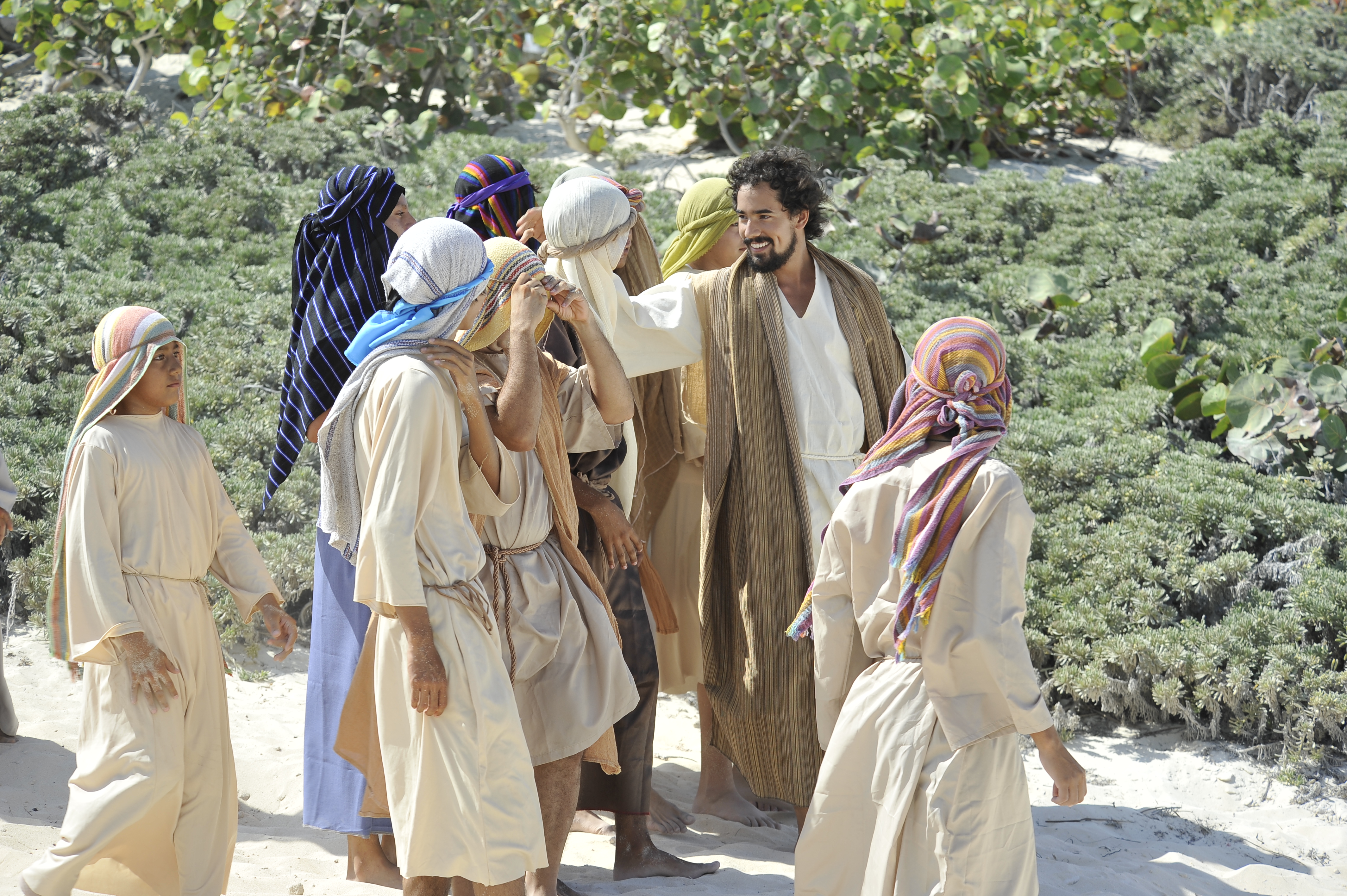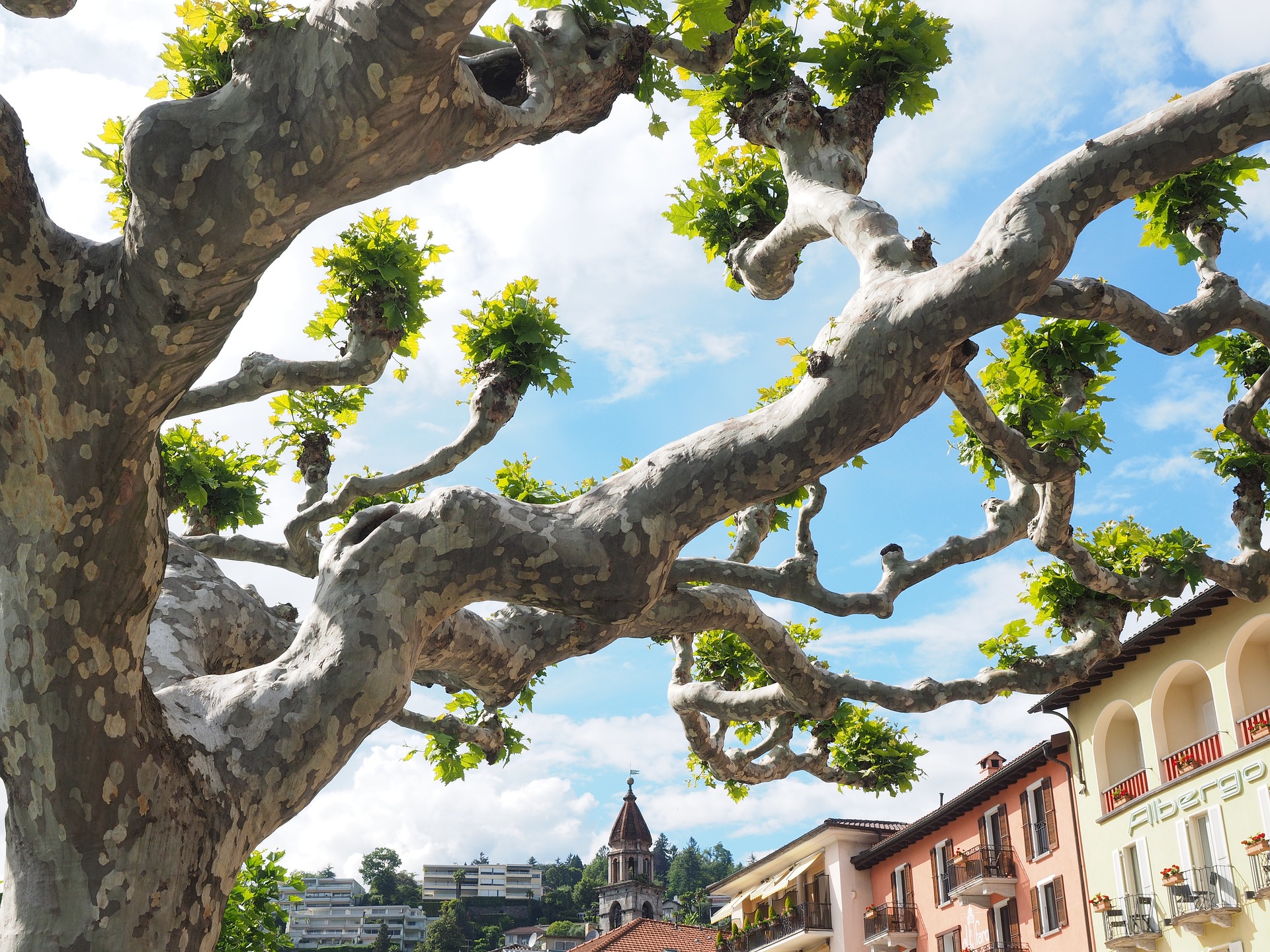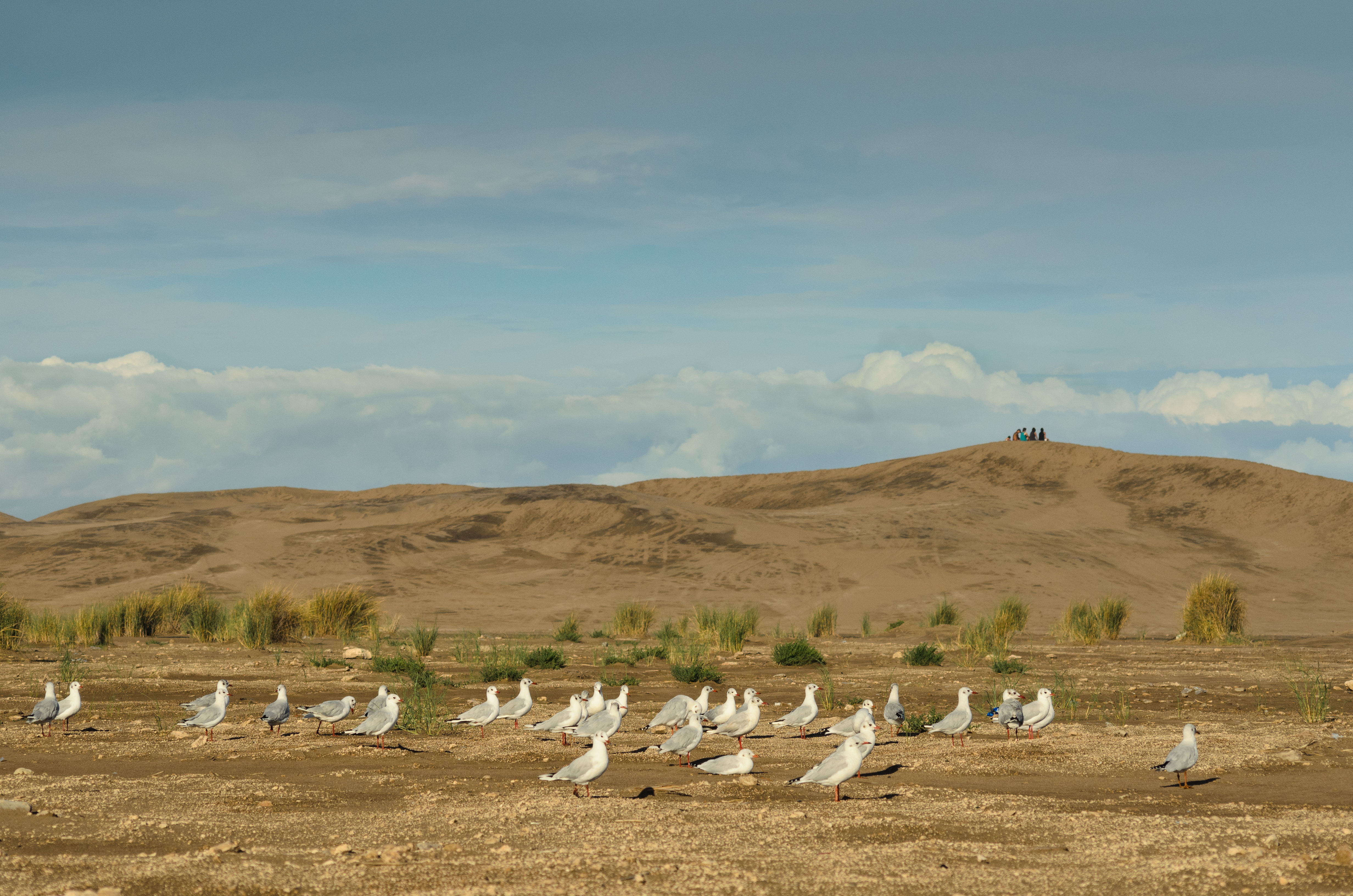“They can no longer die, for they are like angels; and they are the children of God because they are the ones who will rise.”
I love to think about death. While many find the topic morbid, I have always been perhaps in the minority of the population that could not be more excited for it. Because in the grand scheme of life, I believe time on Earth is finite. It is but a speck of dust when you think of what is to come, through the marvels of God, to which all the beauties of the world cannot begin to compare. Heaven is the pinnacle of our relationship with Christ coming alive, being raised to new heights. If we but cultivate His graces through our life here on Earth, in the next with Christ there will be infinite joy. Could anything be more glorious?
Yet God has given us free will. With this, we must choose life with Him, by making the right choices while we still can here on Earth. C.S. Lewis said “If we consider the unblushing promises of reward and the staggering nature of the rewards promised in the Gospels, it would seem that our Lord finds our desires not too strong, but too weak. We are half-hearted creatures, fooling about with drink and sex and ambition when infinite joy is offered us, like an ignorant child who wants to go on making mudpies in a slum because he cannot imagine what is meant by an offer of a holiday at the sea.”
Regarding Heaven, another Catholic writer, Frank Sheed, provided further description of Heaven saying that not all people will have equal experiences, but rather it will reflect what we have cultivated in this life. It will be “As high as our cooperation with grace in this life has made it. It is in this life that the soul grows; every piece of truth, every channel of grace, can be used by us, if we will, for growth. Whatever capacity the soul has grown to at death, that capacity will be filled in the glory and joy of heaven.”
Let us make choices in this lifetime that prepare us for the infinite glories of the Resurrection with the Risen Lord and rejoice that our name is written in His Kingdom.
“[No] podrán ya morir, porque serán como los ángeles e hijos de Dios, pues él los habrá resucitado.”
Me encanta pensar en la muerte. Si bien muchos encuentran el tema morboso, quizás siempre he sido una minoría de la población que no podría estar más emocionada por ello. Porque en el gran esquema de la vida, creo que el tiempo en la Tierra es finito. No es más que una mota de polvo cuando piensas en lo que está por venir, a través de las maravillas de Dios, a las que todas las bellezas del mundo no pueden compararse. El cielo es el pináculo de nuestra relación con Cristo, siendo elevado a nuevas alturas. Si tan sólo cultivamos Sus gracias a través de nuestra vida aquí en la Tierra, en la próxima con Cristo habrá un gozo infinito. ¿Puede haber algo más glorioso?
Sin embargo, Dios nos ha dado libre albedrío. Con esto, debemos elegir la vida con Él, tomando las decisiones correctas mientras aún podamos aquí en la Tierra. C.S. Lewis dijo: “Si consideramos las promesas desvergonzadas de recompensa y la asombrosa naturaleza de las recompensas prometidas en los Evangelios, parecería que nuestro Señor encuentra que nuestros deseos no son demasiado fuertes, sino demasiado débiles. Somos criaturas desganadas, tonteando con la bebida y el sexo y la ambición cuando se nos ofrece una alegría infinita, como un niño ignorante que quiere seguir haciendo pasteles de barro en un barrio bajo porque no puede imaginar lo que significa una oferta de vacaciones en el mar”.
Con respecto al Cielo, otro escritor católico, Frank Sheed, proporcionó una descripción más detallada del Cielo diciendo que no todas las personas tendrán las mismas experiencias, sino que reflejará lo que hemos cultivado en esta vida. Será “Tan alto como lo haya hecho nuestra cooperación con la gracia en esta vida. Es en esta vida que el alma crece; cada fragmento de verdad, cada canal de gracia, puede ser usado por nosotros, si así lo deseamos, para el crecimiento”. Cualquiera que sea la capacidad que el alma haya adquirido al morir, esa capacidad se llenará con la gloria y el gozo del cielo”.
Hagamos decisiones en esta vida que nos preparen para las glorias infinitas de la Resurrección con el Señor Resucitado y regocijémonos de que nuestro nombre esté escrito en Su Reino.
 Dr. Alexis Dallara-Marsh is a board-certified neurologist who practices in Bergen County, NJ. She is a wife to her best friend, Akeem, and a mother of two little ones on Earth and two others in heaven above.
Dr. Alexis Dallara-Marsh is a board-certified neurologist who practices in Bergen County, NJ. She is a wife to her best friend, Akeem, and a mother of two little ones on Earth and two others in heaven above.
Feature Image Credit: Ryan Kwok, unsplash.com/photos/-JykOQ7R2Ls


 Tami Urcia grew up in Western Michigan, a middle child in a large Catholic family. She spent early young adulthood as a missionary in Mexico, studying theology and philosophy, then worked and traveled extensively before finishing her Bachelor’s Degree in Western Kentucky. She loves tackling projects, finding fun ways to keep her little ones occupied, quiet conversation with the hubby and finding unique ways to love. She works at for Christian Healthcare Centers, is a guest blogger on
Tami Urcia grew up in Western Michigan, a middle child in a large Catholic family. She spent early young adulthood as a missionary in Mexico, studying theology and philosophy, then worked and traveled extensively before finishing her Bachelor’s Degree in Western Kentucky. She loves tackling projects, finding fun ways to keep her little ones occupied, quiet conversation with the hubby and finding unique ways to love. She works at for Christian Healthcare Centers, is a guest blogger on 
 Sheryl is happy to be the number 1 cheerleader and supporter for her husband, Tom who is a candidate for the Permanent Diaconate in the Diocese of Kalamazoo. They are so grateful for the opportunity to grow together in this process. Sheryl’s day job is serving her community as the principal for St. Therese Catholic School in Wayland, Michigan. Since every time she thinks she gets life all figured out, she realizes just how far she has to go, St. Rita of Cascia is her go-to Saint for intercession and help. Home includes Carlyn, a very, very goofy Golden Retriever and Lucy, our not-so-little rescue puppy.
Sheryl is happy to be the number 1 cheerleader and supporter for her husband, Tom who is a candidate for the Permanent Diaconate in the Diocese of Kalamazoo. They are so grateful for the opportunity to grow together in this process. Sheryl’s day job is serving her community as the principal for St. Therese Catholic School in Wayland, Michigan. Since every time she thinks she gets life all figured out, she realizes just how far she has to go, St. Rita of Cascia is her go-to Saint for intercession and help. Home includes Carlyn, a very, very goofy Golden Retriever and Lucy, our not-so-little rescue puppy. 


 David Dashiell is a freelance author and editor in Nashville, Tennessee. He has a master’s degree in theology from Franciscan University, and is the editor of the anthology
David Dashiell is a freelance author and editor in Nashville, Tennessee. He has a master’s degree in theology from Franciscan University, and is the editor of the anthology 
 Susan Ciancio has a BA in psychology and a BA in sociology from the University of Notre Dame, with an MA in liberal studies from Indiana University. For the past 19 years, she has worked as a professional editor and writer, editing both fiction and nonfiction books, magazine articles, blogs, educational lessons, professional materials and website content. Thirteen of those years have been in the pro-life sector. Currently Susan freelances and writes weekly for HLI, edits for American Life League, and is the executive editor of Celebrate Life Magazine. She also serves as executive editor for the Culture of Life Studies Program—an educational nonprofit program for K-12 students. You can reach her at
Susan Ciancio has a BA in psychology and a BA in sociology from the University of Notre Dame, with an MA in liberal studies from Indiana University. For the past 19 years, she has worked as a professional editor and writer, editing both fiction and nonfiction books, magazine articles, blogs, educational lessons, professional materials and website content. Thirteen of those years have been in the pro-life sector. Currently Susan freelances and writes weekly for HLI, edits for American Life League, and is the executive editor of Celebrate Life Magazine. She also serves as executive editor for the Culture of Life Studies Program—an educational nonprofit program for K-12 students. You can reach her at 
 Mike Karpus is a regular guy. He grew up in Michigan’s Upper Peninsula, graduated from Michigan State University and works as an editor. He is married to a Catholic school principal, raised two daughters who became Catholic school teachers at points in their careers, and now relishes his two grandchildren, including the older one who is fascinated with learning about his faith. He also has served on a Catholic school board, a pastoral council and a parish stewardship committee. He currently is a lector at Mass, a Knight of Columbus, Adult Faith Formation Committee member and a board member of the local Habitat for Humanity organization. But mostly he’s a regular guy.
Mike Karpus is a regular guy. He grew up in Michigan’s Upper Peninsula, graduated from Michigan State University and works as an editor. He is married to a Catholic school principal, raised two daughters who became Catholic school teachers at points in their careers, and now relishes his two grandchildren, including the older one who is fascinated with learning about his faith. He also has served on a Catholic school board, a pastoral council and a parish stewardship committee. He currently is a lector at Mass, a Knight of Columbus, Adult Faith Formation Committee member and a board member of the local Habitat for Humanity organization. But mostly he’s a regular guy.
 Leslie Sholly is a Catholic, Southern wife and mother of five, living in her hometown, Knoxville, Tennessee. She graduated from Georgetown University with an English major and Theology minor. She blogs at
Leslie Sholly is a Catholic, Southern wife and mother of five, living in her hometown, Knoxville, Tennessee. She graduated from Georgetown University with an English major and Theology minor. She blogs at 
 Kate Taliaferro is an Air Force wife and mother. She is blessed to be able to homeschool, bake bread and fold endless piles of laundry. When not planning a school day, writing a blog post or cooking pasta, Kate can be found curled up with a book or working with some kind of fiber craft. Kate blogs at
Kate Taliaferro is an Air Force wife and mother. She is blessed to be able to homeschool, bake bread and fold endless piles of laundry. When not planning a school day, writing a blog post or cooking pasta, Kate can be found curled up with a book or working with some kind of fiber craft. Kate blogs at 

 Deacon Dan Schneider is a retired general manager of industrial distributors. He and his wife Vicki have been married for over 50 years. They are the parents of eight children and thirty grandchildren. He has a degree in Family Life Education from Spring Arbor University. He was ordained a Permanent Deacon in 2002. He has a passion for working with engaged and married couples and his main ministry has been preparing couples for marriage.
Deacon Dan Schneider is a retired general manager of industrial distributors. He and his wife Vicki have been married for over 50 years. They are the parents of eight children and thirty grandchildren. He has a degree in Family Life Education from Spring Arbor University. He was ordained a Permanent Deacon in 2002. He has a passion for working with engaged and married couples and his main ministry has been preparing couples for marriage.
 J.M. Pallas has had a lifelong love of Scriptures. When she is not busy with her vocation as a wife and mother to her “1 Samuel 1” son, or her vocation as a public health educator, you may find her at her parish women’s bible study, affectionately known as “The Bible Chicks.”
J.M. Pallas has had a lifelong love of Scriptures. When she is not busy with her vocation as a wife and mother to her “1 Samuel 1” son, or her vocation as a public health educator, you may find her at her parish women’s bible study, affectionately known as “The Bible Chicks.”